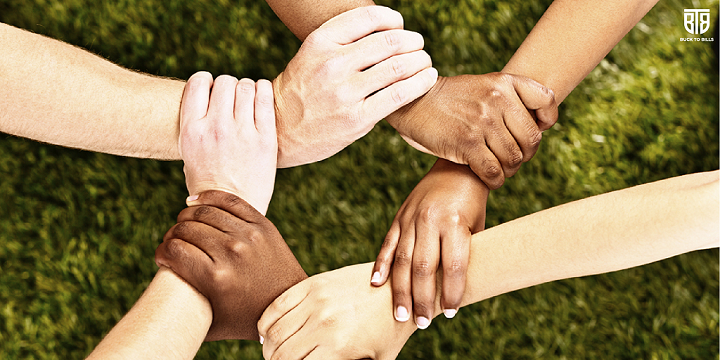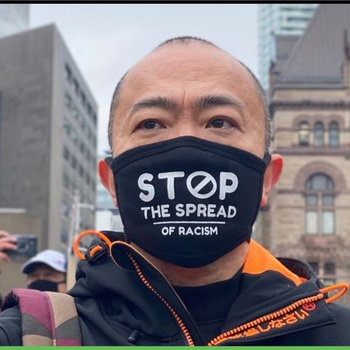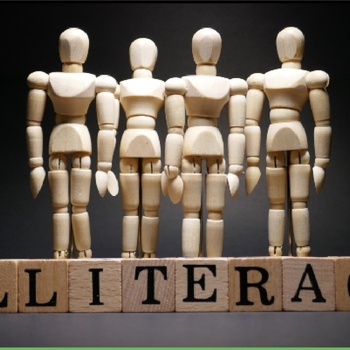Racial Equality - Impact of Racism
Inequality, discrimination, and human rights oppression continue to be a part of our society. The legacy of racism is intense, ridiculously disgusting, and yet must be taken into account. Sadly, the way people are recognized, respected, and regarded is judged by the colour of their skin.
People react to racial encounters in various ways. Minority groups are unfairly handled because of the people's derogatory views about their personality and skills. This happens both in their personal and professional life.
Types of Racial Discrimination:
Mainly there are four different types of racial discrimination briefly described as follows:
1. Direct Discrimination
That is when people treat a specific group differently than others just because of their colour or race.
2. Indirect Discrimination
It occurs anytime an organization has a specific policy or manner of operating which hurts the sentiments or puts a certain racial group at a disadvantage.
3. Victimization
It may happen when an individual supports a victim who has complained about racial discrimination.
4. Harassment
In this case, people make a certain person/race feel insulted, isolated or offended due to various reasons.
Impact of Racism:
Racism must end as it adversely affects the health, security, and confidence of all non-dominant racial and ethnic groups. We must acknowledge the urgent need to tackle the problem of racism and its effects in the context of increasing imperialism and overt racist expressions.
Self-reported racial discrimination experience in various countries and ethnic groups has been linked to various health effects. Racism leads to a society in which citizens have little trust and mutual respect for each other.
A recent study proved that racism directly affects the mental health of our youth and raise the following problems:
- Prolonged feelings of distress, frustration, sadness, and alienation.
- A constant fear of physical or verbal assault.
- Headaches, trembling, shaking, and tension in the muscles.
- Trust issues.
- Anti-social behaviour.
As a domain for racial interactions and a means of assistance to victims, services have a significant part to play. The experiences of victimization services may have both positive and negative impacts on their health. Racism must end as it is critical for maintaining and preserving an atmosphere for those at risk of victimization to create trust among the community members and minority ethnic groups.




















